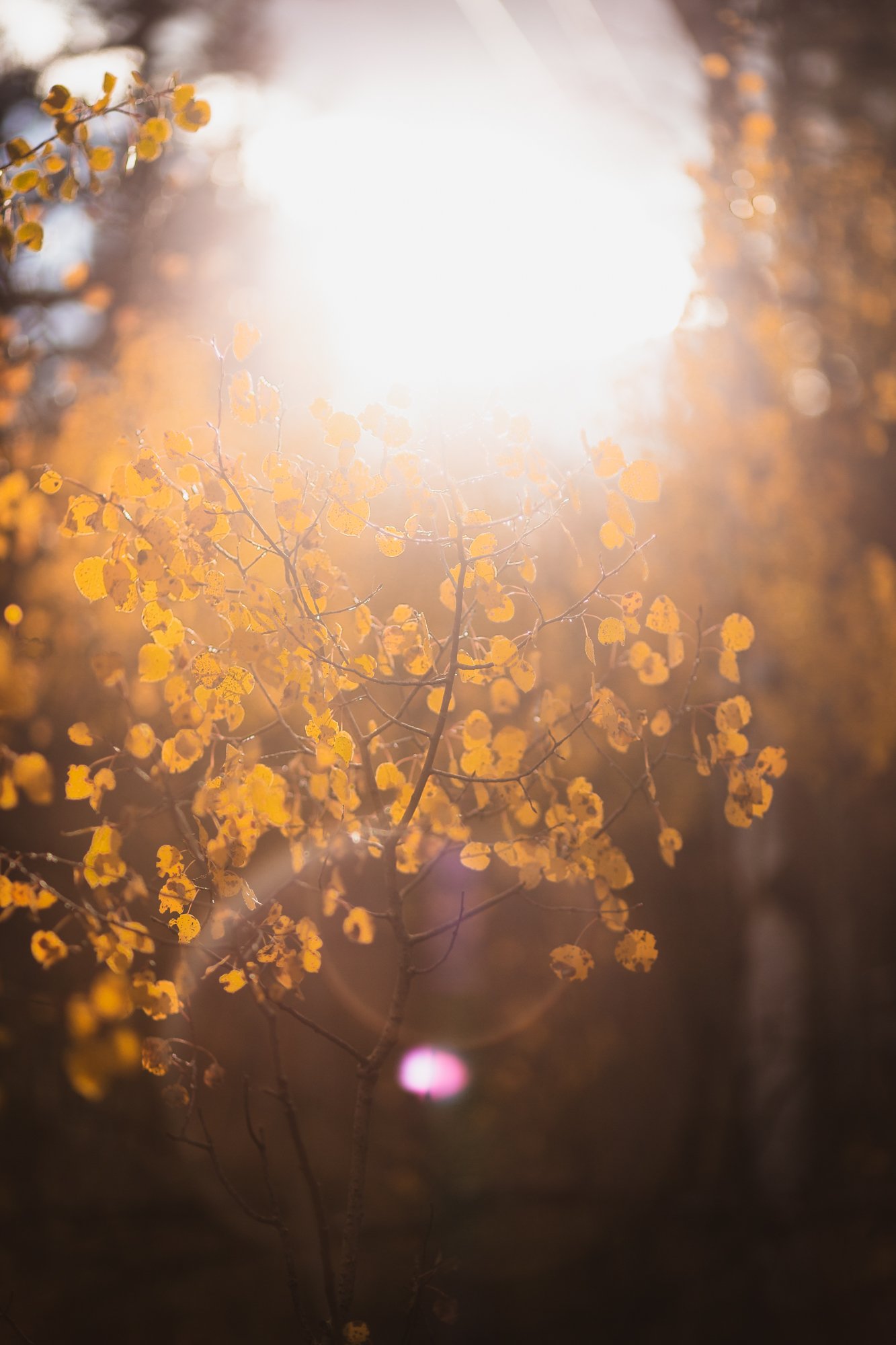Lost and Found: Essay and Photography
by Cheryl Eichman
by Cheryl Eichman
LOST AND FOUND
We have lost it.
Grass carpets laid on rich soil, a bed of wildflowers, and a canopy of stars. The garden home where our kitchen grew fruit trees and our living room held all living things slipped out of our grasp. We lost walking with God himself, our bare feet cushioned by chlorophyll and cellulose, our souls cushioned by pure truth and love. When we consumed the twisted offering of sweet poison, our veins went septic with sin, the firmament above us cracked, the lion hunted the lamb, and our holy community dissolved as our Eden home crumbled. Our garden turned into a desert, which would eventually turn into a grave.
We lost our home, so we wandered.
Shame blew in like a sandstorm. Anger beat down like the burning sun. Death shrouded life as one brother turned on the other. Survival of the fittest and self-preservation were infant concepts with rapid maturation. Thriving in the garden became surviving in desolate lands. We built walls and shelters. Our celestial canopy turned to rooftops, and we constructed towers to commune with God once more. We sandaled our feet and hid our hearts. Poison touched every aspect of life, creating voids where the Spirit once dwelled. We searched for a new solution: power, pride, violence, lust, enlightenment, altruism, people-pleasing. Generation after generation tried to find a key back to the abundant life—a life we are still desperate for today.
The significant loss reminds me of a beloved book, reread countless times throughout my life. The pages introduce us to three children: Mary, Dickon, and Colin. Mary and Dickon meet early on and soon start a secret project revitalizing a neglected garden. The child introduced last is Colin, Mary’s sickly cousin. Colin spends most of his days in his large bedroom, babied and sheltered by the house staff. Within his family’s extravagant manor, he is shielded from potential fits and harm, consequently shielding him from life itself.
It wasn’t until a chance meeting with Mary did Colin learn about life beyond his drawn curtains and closed door. As he listened to Mary talk about Dickon and the garden, hints of life began flickering in his eyes. Colin’s ailments waned as sunlight, fresh air, and hearty meals replaced his medicine and darkened room. With help from Mary, Dickon, and nature itself, Colin grew stronger every day, until one day, he was well enough for a trip to the elusive Secret Garden.
Inside the walls, Colin gazes upon tendrils and trellises. His eyes consumed blade, leaf, and petal. Just as light and soil add pigment to flowers, it also added pigment to Colin’s once-pale face. Finally, as if emerging from a chrysalis, Colin cries, “‘I shall get well! I shall get well! Mary! Dickon! I shall get well! And I shall live forever and ever and ever!’” (Burnett, 164). Colin, with full faith and delight, gets a taste of where we all truly belong. He let branch and leaf cast sun and shadow upon his face. The flowers and robin reassured him that all we lost would eventually be recovered. He declared a belief in a return to the garden existing beyond this life.
When we lost the garden home, we moved into a different residence, one we incorrectly labeled “life.” What we really moved into is, more accurately called, mortality. We fill mortality with any hint of life we can find. 2 Corinthians 5:4 highlights this truth: “…for while we are still in this tent, we groan being burdened [often weighted down, oppressed] not that we want to be unclothed [separate by death from the body], but to be clothed so that what is mortal [the body] will be swallowed up by life [after resurrection]” (AMP). As Colin explored the garden, it was as if he understood this verse. He grasped the difference between mortality and life, between what we’ve created in the desert and our garden’s purpose.
Mark Buchanan, in his book Things Unseen, writes this:
“Earth is stunningly beautiful. God has made everything beautiful in its time (see Ecclesiastes 3:11). The fragile petal of a flower, the green curve of a pear, the cool glide of silk on silk, the playful or mournful music of birdsong, the love of a good man or a good woman—all these things are heartrendingly lovely and irreplaceably valuable. Their beauty and value are beyond what we ever could have imagined had we never seen or touched or heard them. Earth is to be treasured and kept well. But it is not the pearl of great price” (Buchanan, 69).
He refers to the “pearl of great price” as the return of what was lost. The pearl of great price awaits those who believe in Christ. When we pass away and life swallows up our mortality, we find the path that travels from graves to gardens. We will step upon a new grass carpet under a more brilliant canopy of stars. We will explore the new Heavens and the new Earth, and we will say, “I shall get well and live forever and ever.”
Footnotes:
1. Frances Hodgson Burnett, The Secret Garden (New York: Barnes and Noble Books, 2005), 164.
2. Mark Buchanan, Things Unseen: Living in Light of Forever (Oregon: Multnomah Publishers, Inc., 2002), 69.
by Cheryl Eichman
by Cheryl Eichman
CHERYL EICHMAN
Cheryl is a passionate follower of God who desires for people to understand and live out of the truth that Jesus loves them. Cheryl is a happy wife, devoted mom, caring daughter, and faithful friend. When she is not writing, she can be found exploring the mountains with her family, grabbing coffee with friends, capturing beauty with her camera, teaching elementary and middle school students, or cheering enthusiastically for those around her!
You can find her on Instagram @cheryl.eichman, or her blog www.cheryleichman.com.




